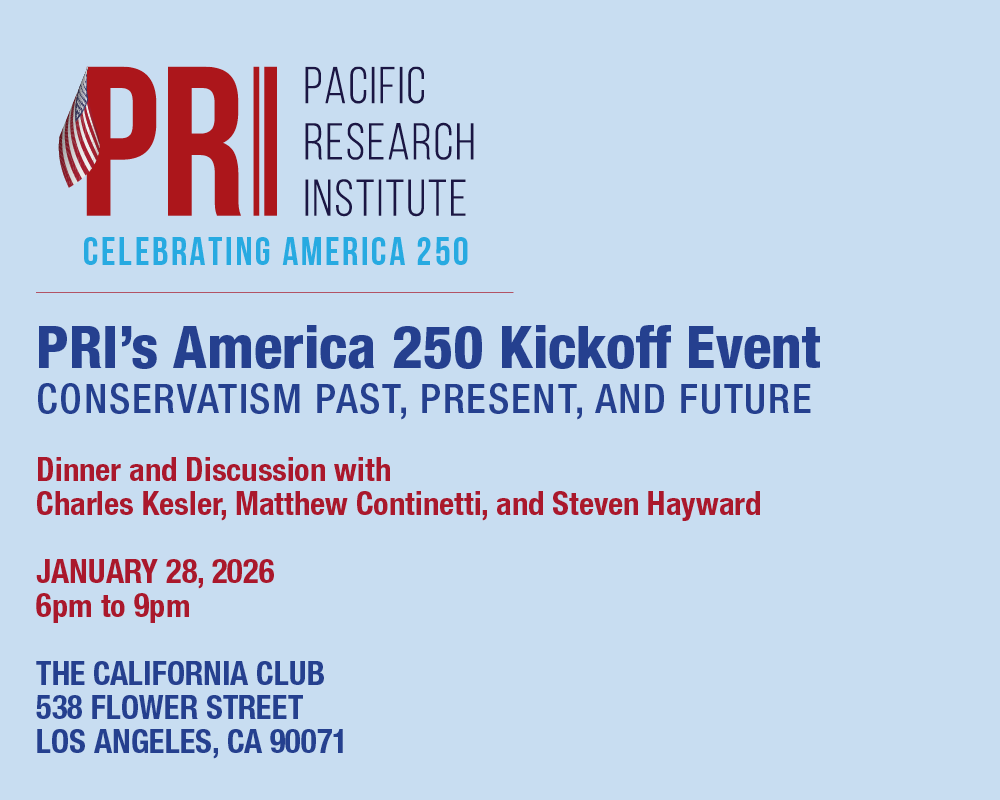Free speech, guaranteed by both the U.S. and California constitutions, has been whipsawed back and forth in California like a regrettable stock purchase for more than a month.
The wild ride began when the Legislature passed Assembly Bill 2839, which bans political parody, by wide margins in both chambers (63-8 in the Assembly, 32-6 in the Senate). Next, Gov. Gavin Newsom signed the bill on Sept. 17.
“Safeguarding the integrity of elections is essential to democracy, and it’s critical that we ensure AI is not deployed to undermine the public’s trust through disinformation – especially in today’s fraught political climate,” Newsom said in a signing statement. “These measures will help to combat the harmful use of deepfakes in political ads and other content.”
But one man’s deepfake is another man’s free speech. So Christopher Kohls, “(aka ‘Mr. Reagan’) … an individual who creates digital content about political figures,” sued Attorney General Rob Bonta and Secretary of State Shirley Weber. He contends, says senior U.S. District Judge John A. Mendez, “that AB 2839 violates the First and Fourteenth Amendments.” Kohls further “argues that the statute infringes on his right to free speech and is unconstitutionally vague.”
Mendez agreed. On Oct. 2, he ruled:
“Defendants Rob Bonta and Shirley N. Weber and their agents, employees, public servants, officers and persons acting in concert with them are HEREBY ENJOINED from enforcing AB 2839 except for the audio only severed portion of the statute.”
The law “does not pass constitutional scrutiny,” according to the judge, and “lacks the narrow tailoring and least restrictive alternative that a content-based law requires under strict scrutiny.”
The Alliance Defending Freedom, which represents satire site The Babylon Bee and California attorney and political blogger Kelly Chang Rickert, has also taken the state to court.
“My personal blog and social media accounts don’t need Newsom’s stamp of approval,” says Rickert. “This attempt to silence humor and other content that appeals to me and my audience is a blatant use of power to silence dissent.”
The next move is Sacramento’s, and it’s likely to be an appeal. California’s political ruling class doesn’t like to have its power over others challenged.
Of course, this isn’t Sacramento’s initial foray into censoring speech it doesn’t like.
- The Department of Motor Vehicles at one time placed limits on personalized license plates. Californians who wanted plates the DMV considered “offensive to good taste and decency” were denied their First Amendment right. A federal judge ruled the policy was unconstitutional.
- Two years ago, Sacramento approved a bill that, in part, required social media companies to report to Bonta’s office how their terms of service defined hate speech or racism; extremism or radicalization; disinformation or misinformation; harassment; and foreign political interference. X, formerly Twitter, sued, and the Ninth Circuit U.S. Court of Appeals reversed a lower court’s refusal to issue a preliminary injunction.
- Also in 2022, the Legislature passed and Newsom signed the Age-Appropriate Design Code Act, which under one of its mandates “deputizes covered businesses into serving as censors for the state,” says the Ninth Circuit – which two months ago affirmed a lower court’s preliminary injunction that blocked enforcement of the laws “centerpiece.”
- During the pandemic, lawmakers passed a bill declaring that “it shall constitute unprofessional conduct for a physician and surgeon to disseminate misinformation or disinformation related to COVID-19, including false or misleading information regarding the nature and risks of the virus, its prevention and treatment; and the development, safety, and effectiveness of COVID-19 vaccines.” In other words, physicians couldn’t discuss treatments that the government didn’t approve of. If they did, they risked having their license to practice revoked. The law stirred outrage and drew the attention of First Amendment lawyers. It was eventually repealed a year ago.
California has come a long way since it gave birth to the free-speech movement of the 1960s, but it wasn’t along a straight line. Instead, there was a U-turn. The powers in Sacramento, in the cities and counties along the coast, and in the universities have become the censors their parents and grandparents warned them about.
Kerry Jackson is the William Clement Fellow in California Reform at the Pacific Research Institute.


